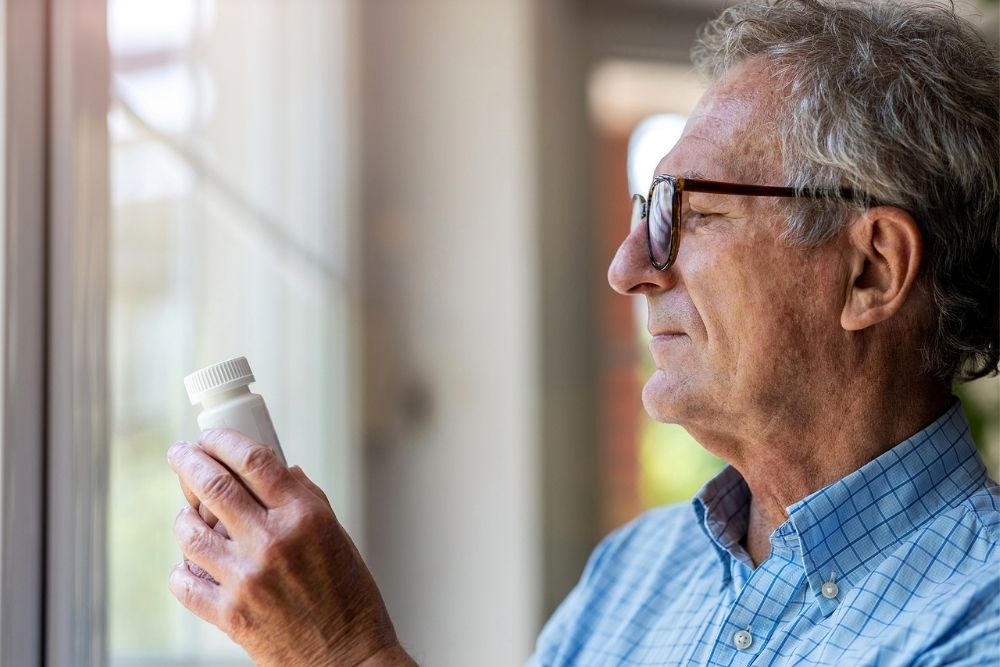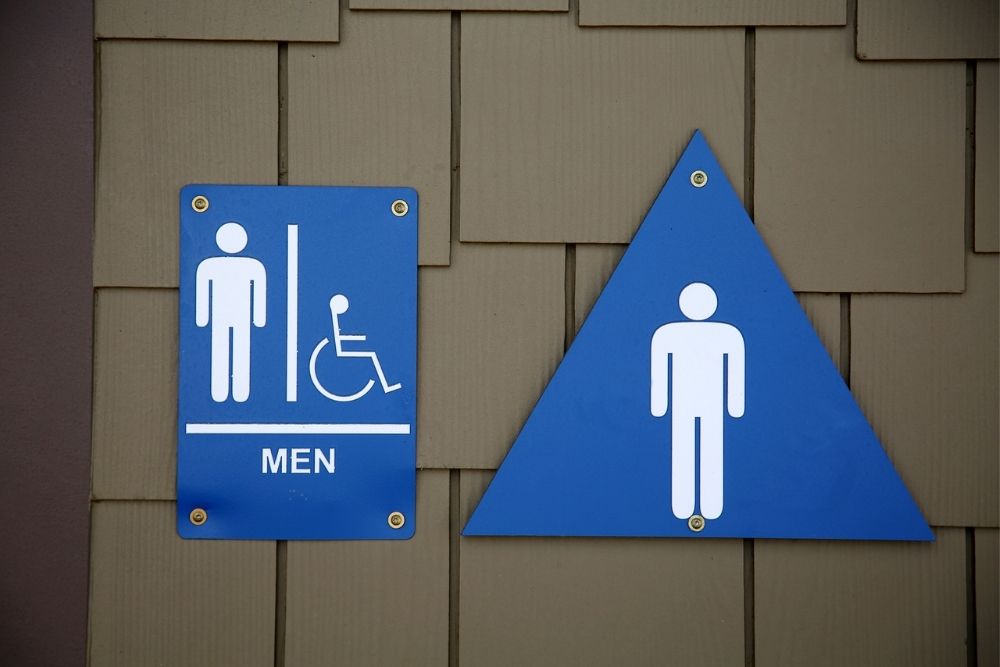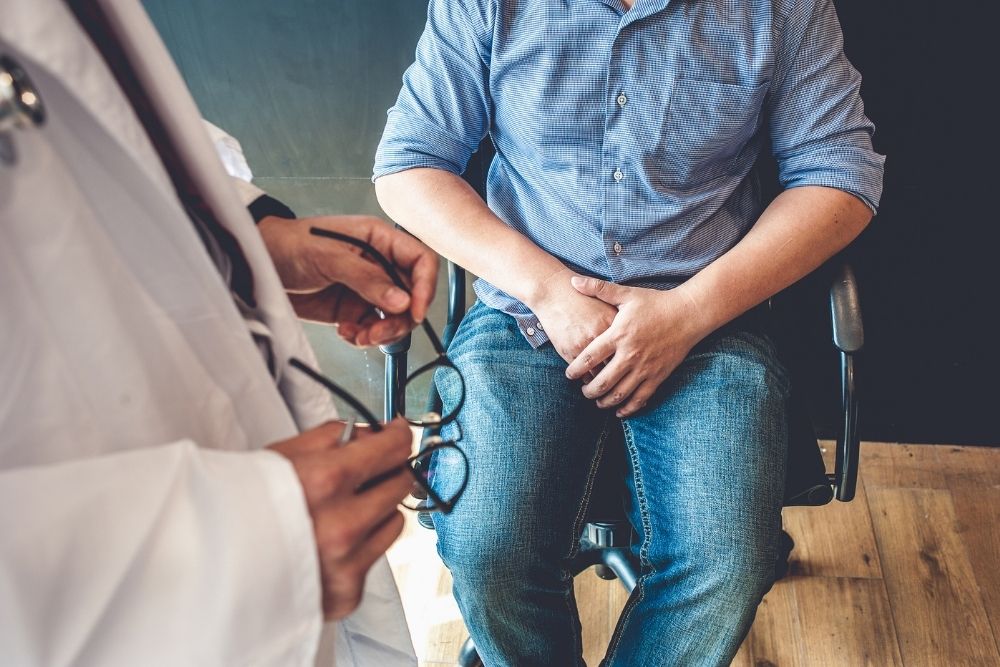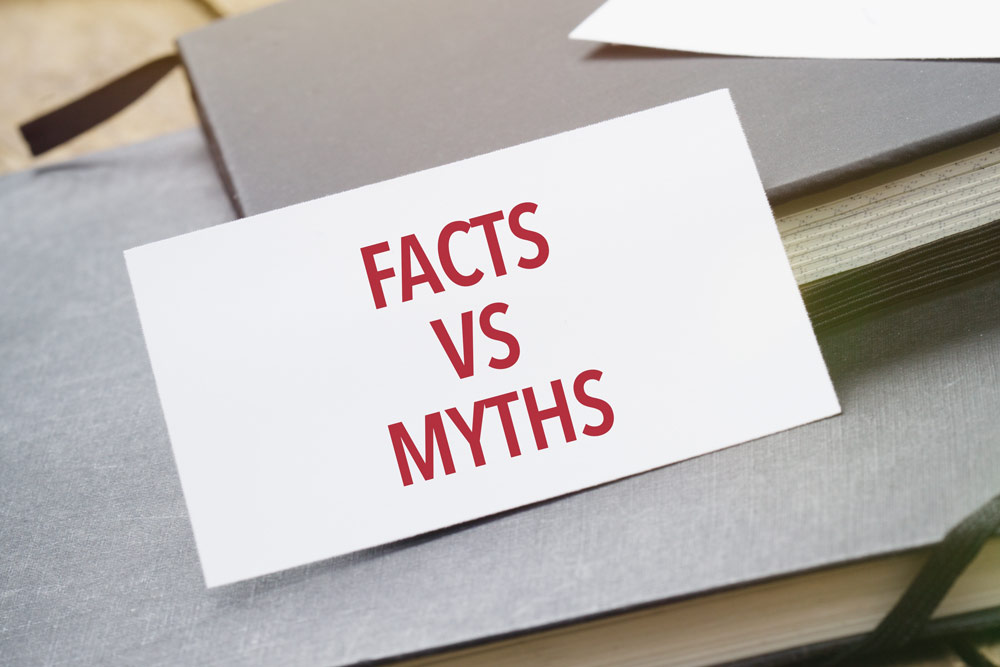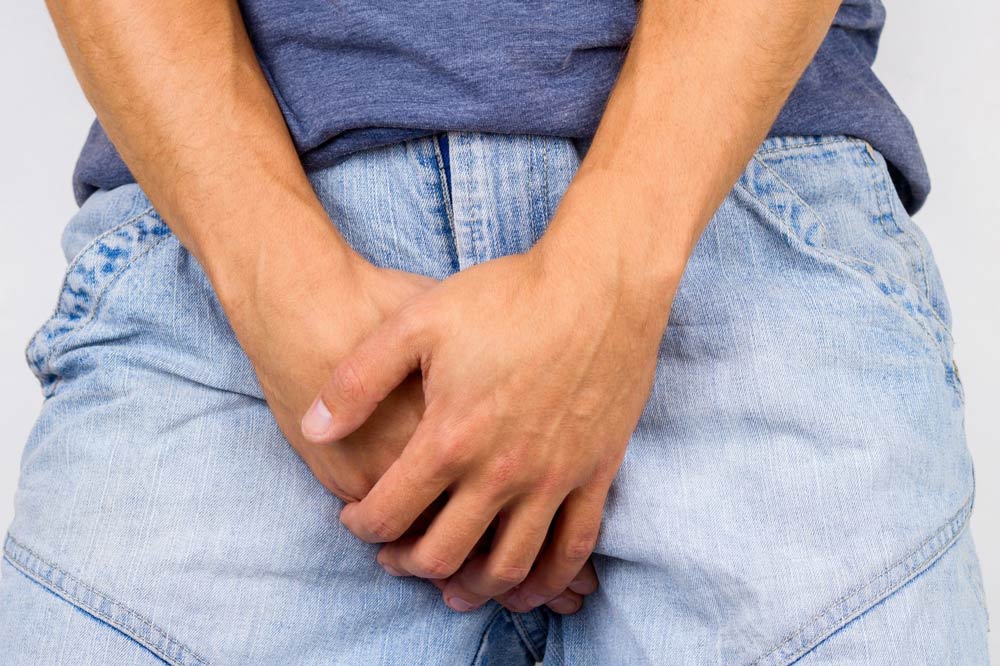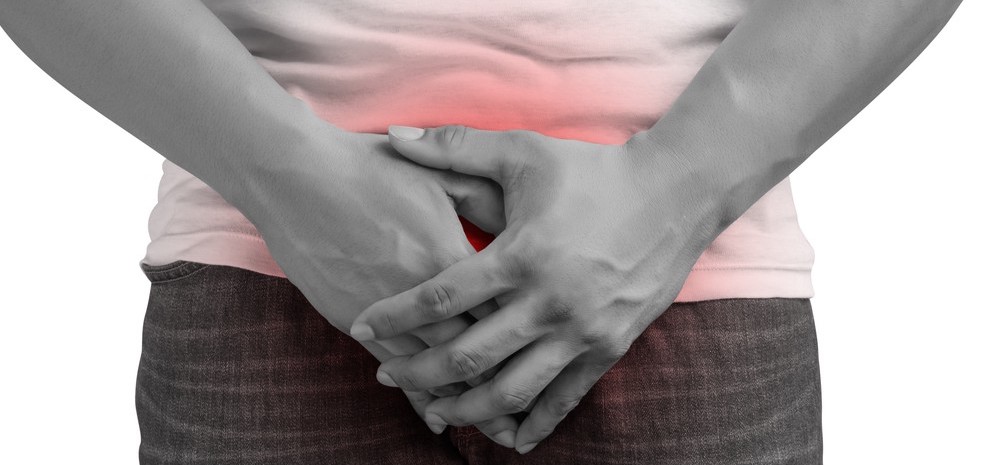One of the most commonly experienced prostate conditions among aging men is called benign prostate hyperplasia (BPH). This can be a significant disruption in a man’s everyday life, leaving many seeking natural treatments. Saw palmetto is a frequently used herbal therapy for BPH, but what is saw palmetto, and how effective is it?
What is Saw Palmetto?
Saw palmetto is a variety of palm tree (Serenoa repens) that grows in Cuba, the Bahamas, and the Southeastern United States, where it can grow as far as West Texas and Southern California. The berries of the saw palmetto plant, which are dark with a single large seed in the middle, are the part that’s often used to help manage certain prostate conditions.
Are There Any Benefits to Taking Saw Palmetto?
Saw palmetto was a very common herbal treatment for prostate and urinary health issues between the 1870s and 1950. At this point, it is no longer recognized as a drug in the United States, but it remains used in Europe and is an approved herbal treatment by German Commission E.
As for other saw palmetto benefits, evidence is scarce. While it’s most commonly used for prostate conditions, it’s considered potentially helpful for male pattern baldness. However, the research is still limited in this area. Both of these uses are thought to have to do with saw palmetto’s potential ability to prevent the conversion of testosterone to a more potent form, which is called dihydrotestosterone.
Otherwise, some research suggests that there could be promise in using saw palmetto to help slow the growth of and even kill prostate cancer cells, but the evidence is limited here as well.
Is Saw Palmetto an Effective Treatment for BPH?
Benign prostate hyperplasia (BPH) is a non-malignant condition in which the prostate gland slowly becomes bigger than normal over time. It affects an estimated 50% of men beyond age 50.
BPH is considered one of the lower urinary tract symptoms (LUTS), which are conditions that involve the prostate, bladder, and urethra. Common symptoms of BPH can include frequent urination, especially at night, and dribbling after urination.
Does saw palmetto work for BPH? While it has been used as an herbal treatment for BPH for decades, there’s actually no strong evidence in support of its efficacy. Health experts disagree about saw palmetto BPH effectiveness, and if it does help, what mechanism is responsible. Some hypothesize that it helps shrink the enlarged prostate gland or at least prevents it from becoming larger.
In a 2006 study published in the New England Journal of Medicine, 225 men over the age of 49 years with moderate-to-severe symptoms of BPH were given 320 mg of saw palmetto (160 mg twice daily) or a placebo for one year.
At the end of the study, the researchers found that those who received saw palmetto didn’t experience any significantly different results in terms of symptoms or other markers of BPH, compared to the placebo group.
In 2012, a Cochrane review concluded that saw palmetto provides minimal improvement for BPH or other LUTS.
Fast forward to 2019, and the authors of a review published in Food Science and Biotechnology concluded that saw palmetto extract has therapeutic potential for BPH, but the current evidence is inconsistent and inconclusive. This is partly because there hasn’t been a standardization of the saw palmetto extract used in research for this purpose.
So, does saw palmetto work? Overall, saw palmetto is not considered an effective treatment for BPH at this time. The good news is that there are other natural compounds that have proven to be helpful for this condition such as Beta-Sitosterol.
Beta-Sitosterol vs Saw Palmetto for BPH
When it comes to beta-sitosterol vs saw palmetto for BPH, the more effective compound is beta-sitosterol.
Beta-sitosterol is a plant fat with a chemical structure similar to cholesterol. It’s been studied for its ability to help lower blood cholesterol levels, as well as to alleviate symptoms of BPH.
For instance, a 2000 Cochrane review involving 519 men from 4 randomized, placebo-controlled, double-blind trials lasting 4-26 weeks concluded that beta-sitosterols can be used to improve urinary symptoms and flow measures.
And in a 2000 clinical trial, researchers found that beta-sitosterol treatment was effective for symptomatic benign prostatic hyperplasia and that this was maintained for 18 months following an original 6-month double-blind trial.
That original trial, published in 1997, found that giving 177 patients 130 mg free beta-sitosterol daily for six months was effective for treating BPH symptoms, with significant improvements over those given a placebo instead. No safety concerns from using beta-sitosterol were identified.
Many other studies have supported the use of beta-sitosterol for BPH symptoms, some of which have even found it to be effective for reducing prostate cancer cell growth. This appears to be even more effective when beta-sitosterol is combined with resveratrol, an antioxidant compound derived from red grapes.
Overall, beta-sitosterol has proven itself to be a much better investment than saw palmetto for managing frustrating symptoms of BPH.
ProstaGenix Multiphase Prostate Supplement
If you’re looking for the best prostate health supplement on the market for treating BPH symptoms, look no further than ProstaGenix Multiphase Prostate.
The main ingredient is beta-sitosterol, not saw palmetto, so you already know it’s going to offer relief. In addition to a whopping 1000 mg of mixed sterols, including beta sitosterol, in each dose, you’ll also find quercetin, grape seed extract, pomegranate, and a potent vitamin and mineral complex in this formulation.
The ingredient profile was carefully chosen based on the science behind its effectiveness, and the value of ProstaGenix Multiphase Prostate has been verified by ConsumerLab.com.
So, does palmetto work for BPH treatment? The science suggests not. Forget saw palmetto and other useless BPH supplements and try ProstaGenix today!
References:
- https://www.uofmhealth.org/health-library/hw134773spec
- Rossi A, Mari E, Scarno M, et al. Comparative effectiveness of finasteride vs Serenoa repens in male androgenetic alopecia: a two-year study. Int J Immunopathol Pharmacol. 2012;25(4):1167-1173.
- Bonnar-Pizzorno RM, Littman AJ, Kestin M, White E. Saw palmetto supplement use and prostate cancer risk. Nutr Cancer. 2006;55(1):21-27.
- https://www.niddk.nih.gov/health-information/urologic-diseases/prostate-problems/prostate-enlargement-benign-prostatic-hyperplasia
- Bent S, Kane C, Shinohara K, et al. Saw palmetto for benign prostatic hyperplasia. N Engl J Med. 2006;354(6):557-566.
- Tacklind J, MacDonald R, Rutks I, Wilt TJ. Serenoa repens for benign prostatic hyperplasia. Cochrane Database Syst Rev. 2009;(2):CD001423.
- Kwon Y. Use of saw palmetto (Serenoa repens) extract for benign prostatic hyperplasia. Food Sci Biotechnol. 2019;28(6):1599-1606.
- Wilt T, Ishani A, MacDonald R, Stark G, Mulrow C, Lau J. Beta-sitosterols for benign prostatic hyperplasia. Cochrane Database Syst Rev. 2000;(2):CD001043.
- Berges RR, Kassen A, Senge T. Treatment of symptomatic benign prostatic hyperplasia with beta-sitosterol: an 18-month follow-up. BJU Int. 2000;85(7):842-846.
- Klippel KF, Hiltl DM, Schipp B. A multicentric, placebo-controlled, double-blind clinical trial of beta-sitosterol (phytosterol) for the treatment of benign prostatic hyperplasia. German BPH-Phyto Study group. Br J Urol. 1997;80(3):427-432.
- von Holtz RL, Fink CS, Awad AB. beta-Sitosterol activates the sphingomyelin cycle and induces apoptosis in LNCaP human prostate cancer cells. Nutr Cancer. 1998;32(1):8-12.
Awad AB, Burr AT, Fink CS. Effect of resveratrol and beta-sitosterol in combination on reactive oxygen species and prostaglandin release by PC-3 cells. Prostaglandins Leukot Essent Fatty Acids. 2005;72(3):219-226.



